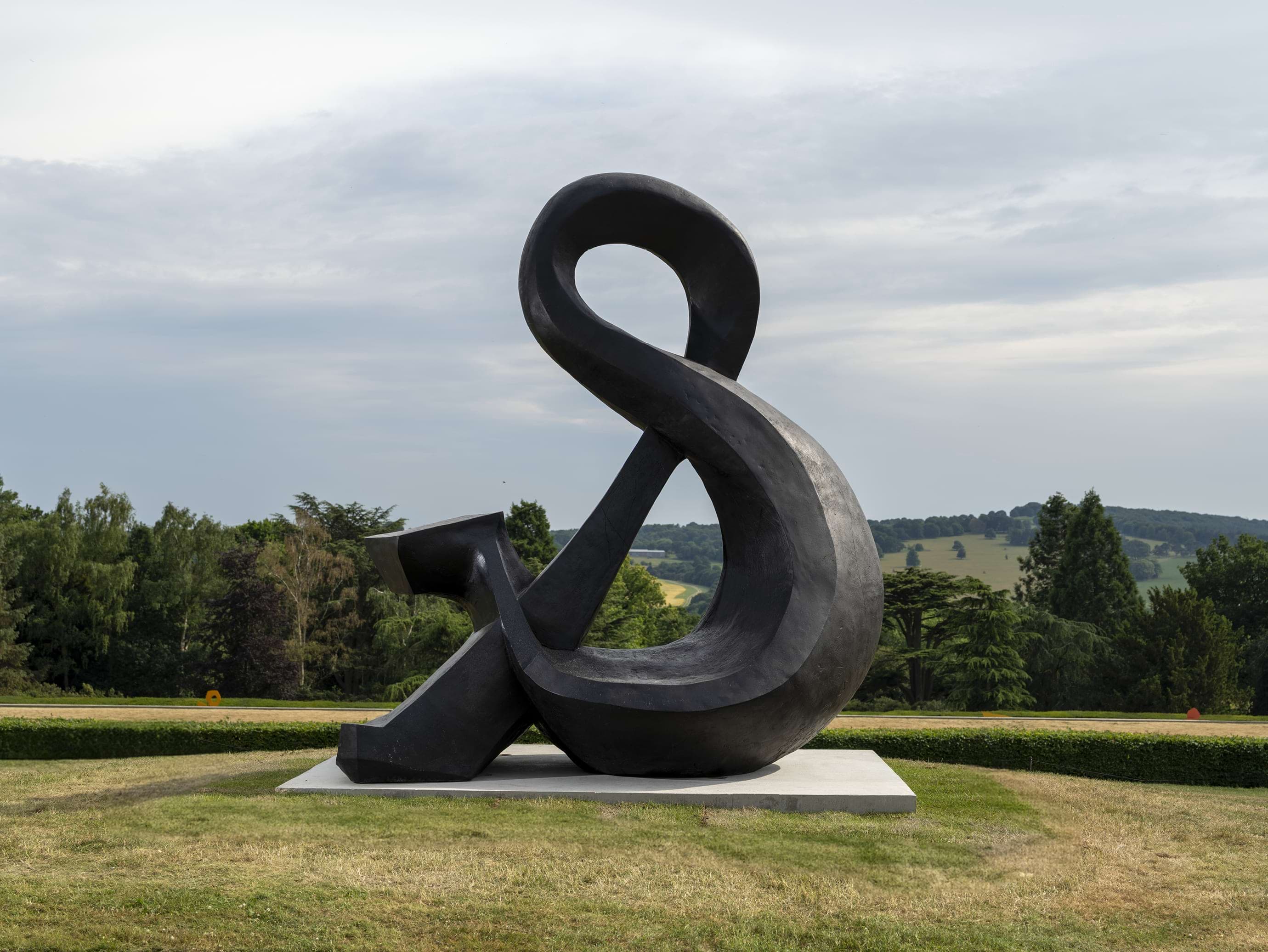
_Since parallel lines only meet at infinity, so do colonialism and populism meet in neo-colonialism. Both forge artificial images of nature, the hiding place of the state’s violence._
– Kiluanji Kia Henda
_In the Days of a Dark Safari_ marks Kiluanji Kia Henda’s first solo exhibition with Goodman Gallery. The exhibition comes at a significant moment in artist’s career as the recipient of the 2017 Frieze Artist Award – making Kia Henda the first African artist to receive the award.
The exhibition critiques the fallacy inherent in the opposing discourses of colonial-era ‘noble savagery’ as encapsulated in Joseph Conrad’s Heart of Darkness (_that African nature is ‘something monstrous and free’_) ; and post-colonial populism which espouses the ideal of a natural world in Africa as a Paradise Lost.


Kia Henda describes African populism in the following terms: ‘This is the discourse of those looking from the inside, claiming that the expulsion from paradise is the fault of those who came from the outside. They use the claim to their advantage and to hide the destruction by people who colonise themselves, pinning the blame for Africa´s failures on an external phantom.’
The exhibition features recent photographs from two series: _In the Days of a Dark Safari_ and _The Last Journey of the Dictator Mussunda N’zombo Before the Great Extinction_ (in 5 acts), as well as a film, titled _Havemos de Voltar_ (We Shall Return).



Kia Henda describes African populism in the following terms: ‘This is the discourse of those looking from the inside, claiming that the expulsion from paradise is the fault of those who came from the outside. They use the claim to their advantage and to hide the destruction by people who colonise themselves, pinning the blame for Africa´s failures on an external phantom.’
The exhibition features recent photographs from two series: _In the Days of a Dark Safari_ and _The Last Journey of the Dictator Mussunda N’zombo Before the Great Extinction_ (in 5 acts), as well as a film, titled _Havemos de Voltar_ (We Shall Return).

_In the Days of a Dark Safari_ combines historical research with artistic photography to reflect the ideals projected onto the image of a stuffed giant sable antelope (Palanca). In this series, the artist attempts to unveil a fictitious element of ‘official history’, showing that there are two sides to every narrative, but he is particularly critical of the position of the colonialist who ‘collects information in the forest and lays it out in museum display cases’. For Kia Henda, ‘the effort to create a Museum of Natural History is a process similar to the creation of hostile narratives from the perspective of the foreigner who colonises by maintaining distance, consigning an entire continent to a _Place of Darkness_.’
_The Last Journey of the Dictator Mussunda N’Zombo Before the Great Extinction_ portrays the end of dictatorships in Africa, based on the persona of former president Mobutu Sese Seko, who is considered the archetype of African dictators. In the photographic series, the dead corpse of power undergoes taxidermy while animal-objects come to life. The series also plays with depicting safaris through ‘African scenery’.
Artworks
Create a Goodman Gallery account to view pricing of available artworks and access purchasing.

Artist Bio
Kiluanji Kia Henda (b. 1979, Luanda, Angola) employs a surprising sense of humour in his work, which often homes in on themes of identity, politics, and perceptions of post-colonialism and modernism in Africa. Kia Henda brings a critical edge to his multidisciplinary practice, which incorporates photography, video, and performance. Informed by a background surrounded by photography enthusiasts, Kia Henda's conceptual-based work has further been sharpened by exposure to music, avant-garde theatre, and collaborations with a collective of emerging artists in Luanda’s art scene. Much of Kia Henda's work draws on history through the appropriation and manipulation of public spaces and structures, and the different representations that form part of collective memory, in order to produce complex, yet powerful imagery.
Kia Henda has had solo exhibitions in galleries and institutions around the world. His work has featured on biennales in Venice, Dakar, São Paulo and Gwangju as well as major traveling exhibitions such as 'Making Africa: A Continent of Contemporary Design' and 'The Divine Comedy: Heaven, Hell, Purgatory revisited' by Contemporary African Artists. In 2019, Kia Henda's work was acquired by Tate Modern in London, and he was selected to participate on the Unlimited sector at Art Basel. In 2020, Kia Kenda exhibited at the MAN Museo d'Arte Provincia di Nuoro in Italy, marking his first solo exhibition in a major European museum.
Kia Henda currently lives and works between Luanda and Lisbon.


